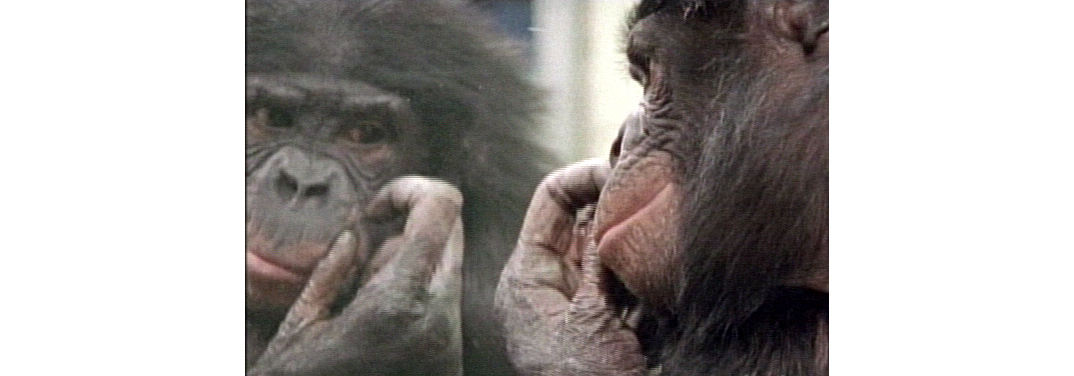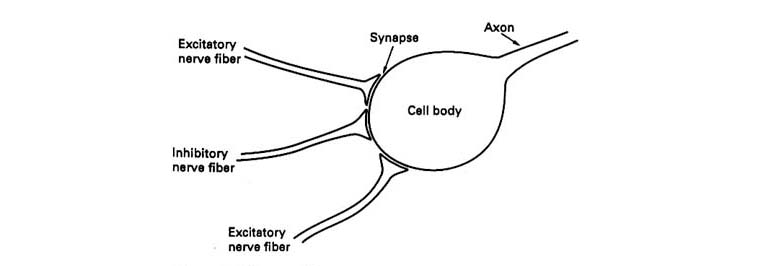A field is a region of physical influence. Fields are not a form of matter, rather, matter is energy bound within fields. In current physics, several kinds of fundamental fields are recognized: the gravitational and electro-magnetic fields and the matter fields of quantum physics.
The field concept in biology has its origin in the work of Hans Driesch, although the concept itself was elaborated by A. Gurwitsch and P. Weiss. (see account in Gerry Webster and Brian Goodwin, Form and Transformation, pp 94-100) For Joseph Needham, fields are "wholes actively organizing themselves."
In the last decade of the nineteenth century, the embryologist Wilhelm Roux proposed a "developmental mechanics" (Entwicklungsmechanik ) to account for origin and maintenance of organisms through a causal morphology that would reduce them to a "movement of parts," and would prove that biology and physics were completely one with each other. Roux sought to transform biology from a purely historical into a causal discipline through analytic thought and experiment. His "mosaic theory" described development as the self-differentiation of hereditary potentialities with the irreversible functional differentiation among cells. This hypothesis was supported in part by Roux's own experiments at the marine biological station in Naples. When he killed one of the first two cleavage cells in a frog's egg, the surviving cell, as he expected, gave rise to only half of a normal embryo.
in 1891, while working at the Naples station with a different organism, Hans Driesch obtained radically different results. Driesch demonstrated that, contrary to the Roux-Weismann hypothesis, each cell of a sea urchin embryo, when isolated at the two-cell stage, does not produce a half-embryo but a complete, miniature pluteus larva of normal form. (see mechanism / vitalism for philosophical interpretations of these experiments.)
Read More

